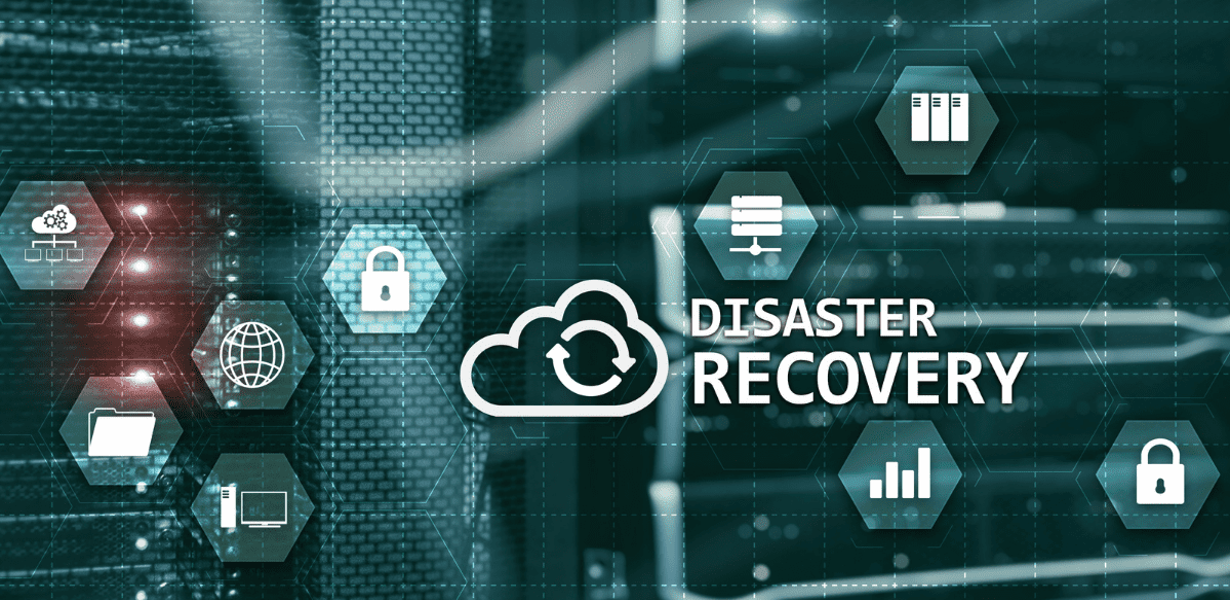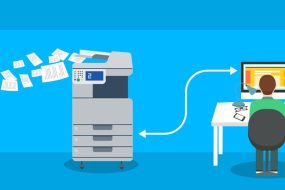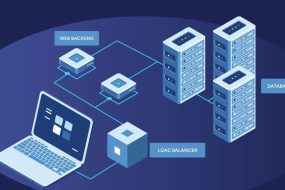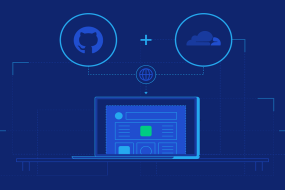
In today’s ever-evolving digital landscape, data security is paramount. Cyber threats, especially ransomware attacks, have become increasingly sophisticated, making it essential for organizations to fortify their defenses. In this comprehensive guide, we delve into the world of ransomware resilience, emphasizing the critical role of Backup and Disaster Recovery (BDR) strategies. As we navigate through the intricate realm of cybersecurity, we’ll equip you with the knowledge and tools to protect your data, ensuring your organization’s uninterrupted operation in the face of adversity.
Understanding Ransomware Threats
Ransomware is a malicious software that encrypts your data, holding it hostage until a ransom is paid to the attacker. Understanding the evolving landscape of these threats is crucial to establishing resilience.
The key elements to consider are:
Attack Vectors: Ransomware can infiltrate your systems via phishing emails, malicious downloads, or software vulnerabilities.
Encryption Techniques: Attackers often employ advanced encryption algorithms, rendering data inaccessible.
Ransom Payment: Paying the ransom doesn’t guarantee data recovery; it often fuels further attacks.
The Importance of Data Backup
One of the fundamental strategies to combat ransomware is data backup. Regular and secure backups enable you to restore your systems and data without succumbing to the attacker’s demands. A robust BDR plan can be a game-changer.
Key points to remember:
Frequent Backups: Regularly backing up your data ensures you have recent, uncorrupted copies available.
Offline Backups: Keeping backups offline mitigates the risk of ransomware attacks targeting online repositories.
Versioning: Storing multiple versions of backups allows you to recover from different points in time.
Building a Resilient Backup Strategy
Your backup strategy should be well-thought-out and resilient. It’s not just about creating backups; it’s about ensuring their effectiveness.
Consider these elements:
Automated Backup: Implement automated backup solutions to minimize human error and ensure consistency.
Testing and Validation: Regularly test and validate your backups to ensure data integrity and recoverability.
Offsite Storage: Securely store backups offsite to protect against physical disasters like fires or floods.
Disaster Recovery Planning
While backups are a critical component of resilience, a comprehensive disaster recovery plan is equally essential. It’s the blueprint for how you’ll recover after an attack.
Elements of a solid recovery plan:
Incident Response: Define a clear process for detecting and responding to ransomware incidents.
Business Continuity: Plan for the continuation of critical business functions during an attack.
Communication: Establish effective communication channels to keep stakeholders informed.
The Human Factor
In the battle against ransomware, your team is your front line of defense. Educating your employees and promoting a culture of cybersecurity awareness is pivotal.
Key aspects of human-centric resilience:
Training and Awareness: Regularly educate your staff about ransomware risks and prevention.
Phishing Awareness: Teach employees to recognize phishing attempts and report them promptly.
Incident Reporting: Create a culture where staff feel comfortable reporting any suspicious activity.
Ransomware Mitigation Technologies
Technological advancements play a significant role in combating ransomware. Employing advanced security measures can deter attackers and enhance your overall resilience.
Consider these mitigation technologies:
Endpoint Security: Implement advanced endpoint security solutions to detect and prevent ransomware infections.
Email Filtering: Utilize email filtering solutions to block malicious attachments and links.
Behavioral Analytics: Employ solutions that analyze user behavior to identify anomalies.
Final Words
In an era of persistent cyber threats, ransomware resilience is non-negotiable. Protecting your data and ensuring business continuity requires a multi-faceted approach. Embrace backup and disaster recovery strategies, educate your team, and leverage advanced technologies to fortify your defenses. By doing so, you empower your organization to withstand the challenges of the digital age.
Commonly Asked Questions
1. How often should I back up my data?
Regular data backups are crucial. It’s recommended to back up your data daily or weekly, depending on your organization’s needs.
2. Is paying the ransom a viable option?
Paying the ransom is generally discouraged, as it doesn’t guarantee data recovery and may embolden attackers. Focus on backup and recovery instead.
3. What should I include in my disaster recovery plan?
Your disaster recovery plan should encompass incident response, business continuity, and communication strategies. It should be well-documented and regularly tested.
4. How can I educate my employees about ransomware?
Conduct regular training sessions, simulate phishing attacks, and encourage employees to report any suspicious activity promptly.
5. What security technologies are effective against ransomware?
Endpoint security, email filtering, and behavioral analytics are effective technologies to mitigate ransomware threats.
Advertisement







